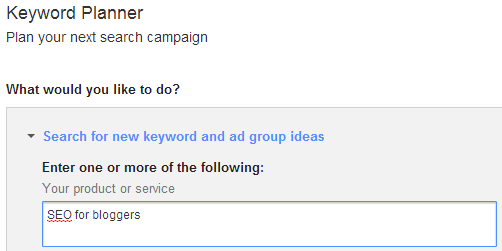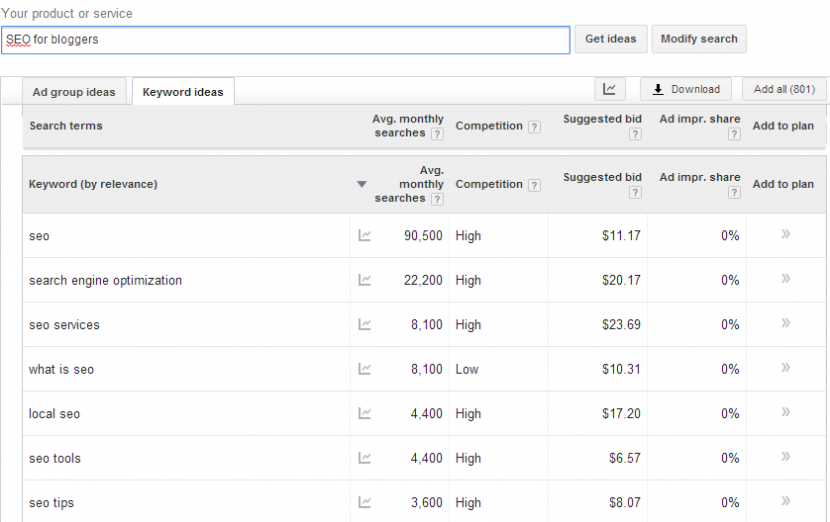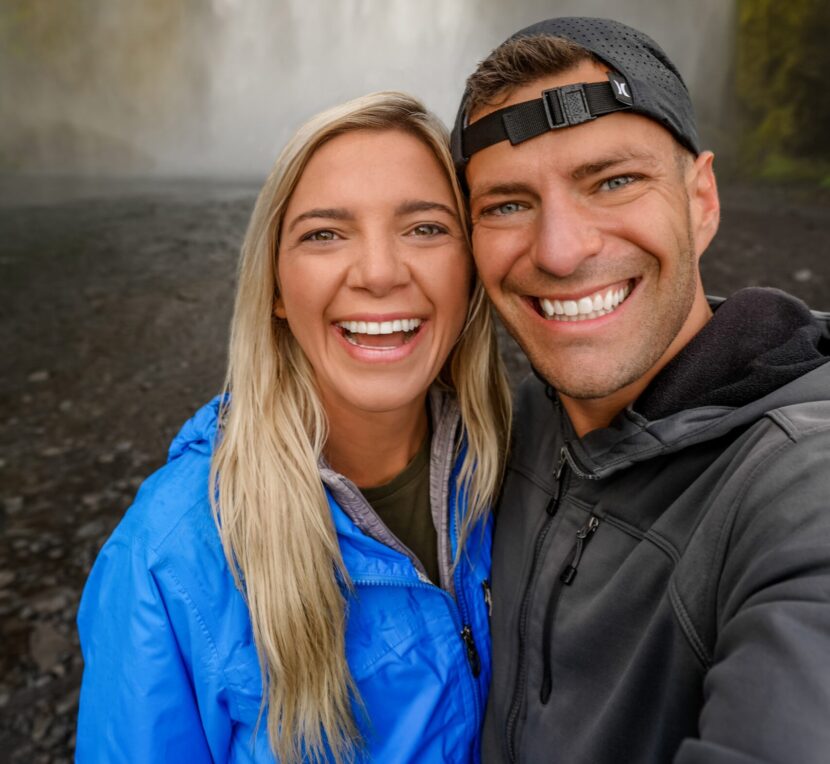 Alright bloggers, it’s my time to talk nerdy to ya! :) If you have ever wondered “What is SEO?” and “How does SEO for bloggers work?”, hopefully some of your questions will be answered through this post! This is part of my business of blogging series so if you want to go into further depth on SEO through a blog consultation, let me know!
Alright bloggers, it’s my time to talk nerdy to ya! :) If you have ever wondered “What is SEO?” and “How does SEO for bloggers work?”, hopefully some of your questions will be answered through this post! This is part of my business of blogging series so if you want to go into further depth on SEO through a blog consultation, let me know!
What is SEO?
SEO stands for search engine optimization. Essentially, the idea behind it is that there are steps you need to take to get your blog to rank high in search engines. If you’re taking the time to write content, you want it to be FOUND, right?! So besides the people who regularly subscribe to you, and who find you through social media, a great way to get people to read your blog is for them to find you through search – which is why “What is SEO?” matters so much! So here are my top recommendations for SEO for bloggers.
But before that I just have to say: if you’re on Blogger, you should really consider switching to WordPress. And use WPengine for your hosting. WordPress is SO much better for SEO than Blogger!
6 Laws of SEO for Bloggers
1. For every blog post or page you have, choose a search engine optimized keyword.
VERY important: Choose a SEPARATE keyword for every post/page. I used to think that using the keyword “marriage blog” in each of my posts was a good idea, BUT I have learned otherwise.
The reason for this is that when people search a keyword, you want to kindly “manipulate” them to go to the exact page or post that you have determined…so that they find the right content they’re looking for. For example, on my love story page my keyword is obviously “love story,” but when I talk about our story in other posts I will work in a different keyword other than love story so that they go directly to my love story page if they search “love story.” (Sorry for the run on sentence, but hopefully that makes sense!)
2. With SEO for bloggers, how do you know which keyword to pick? Use the Google keyword tool.
The Google Keyword Tool, along with other tools like the Yoast plugin (see #3), will help you determine (1) what keywords people are most often searching for and (2) how competitive the keyword is. Ideally, you want to find a keyword that has a HIGH number of monthly searches with LOW to MEDIUM competition.
When you enter into the keyword tool, ask yourself: What need is my post meeting? What will people who eventually end up at my blog post have searched to get here? Let me give you an example. For this “What is SEO?” post, I went into the Google keyword tool and, after thinking of what people who find this post might have search to get there, entered “SEO for bloggers.”

I then sorted by the highest number of monthly searches for my “SEO for bloggers” term. I found that “SEO”, “search engine optimization”, and “SEO services” had the highest number of monthly searches (obviously), BUT that they were also ranked high for competitiveness (obviously). “What is SEO?” was the fourth term most often searched, and I was REALLY surprised to see that this term was ranked low in competitiveness!

SO, I decided to make “What is SEO?” my main keyword, BUT because I felt that “SEO for bloggers” was also something that really related to my post, I weaved that in as a secondary keyword. Just as important as finding the right keyword for SEO like I described above, is that you find a search engine optimized keyword that relates to your post.
3. Integrate your chosen SEO keyword EVERYWHERE in your blog post.
Make the blog post URL your keyword, with dashes in between each word.
Then put it in the title of your post. It’s unfortunately NOT a good idea to think of ultra-clever headlines, but rather titles that people would be looking for when they searched for your keyword. If you still want to get creative, you could use the keyword first and then expand from there. For example, I could have named this blog post “What is SEO? Secrets that Even Nicki Minaj Doesn’t Know” :)
Integrate the keyword into the body copy of your post. ESPECIALLY the first paragraph. Try to use your SEO keyword at least three times, but don’t over-stuff your blog with it. Google values GOOD CONTENT over keyword stuffing – in fact, if you keyword stuff, they’ll knock you for it.
Use the keyword in your links. So, instead of linking the words “click here,” you could say “Did you read my awesome post last week, ‘What is SEO?'” and link the “What is SEO?” part of the phrase only.
Lastly, integrate your keyword into the backend of your site. Your photos contain something called “alt text” where you describe what the photo is. Put your keyword there. And then if you have WordPress, download the Yoast plugin so that you can work SEO keywords into your blog post’s title tag and meta description.
4. Be careful with do follow links.
There are two types of links: “no follow” and “do follow” links. Both types of links are good, but “do follow” links are better. When someone links to your site through a do follow link, they are essentially recommending your site as an expert in a certain area, and sharing some of their site’s “SEO juice” with yours. The more you can organically build do follow links, the better.
SO with that being said, I recommend using do follow links when you link within your site, but being selective when using do follow links to external sites. Think about whether or not you want to give away part of your site’s “SEO juice” to them.
5. Use your keyword across social media.
This is a big part of SEO for bloggers. More and more, social media highly contributes to SEO. So use that same keyword you used in your blog posts in your social media posts, and then link to your blog!
And absolutely use Google+ for SEO, if for nothing else! Unlike Facebook and Twitter, when you share a link on Google, they give you a do follow link to your blog. Make sure you choose the “share a link” option and not the photo option, though, as the photo option is a no follow link.
The more you reasonably link from social media to your blog, the better, because you are building up those links to your blog!
6. Never EVER duplicate your content.
Google hates duplicate content. Even if it’s something you’ve written, if you post it more than one place, Google will think you have stolen it. So don’t repost your blog posts and don’t duplicate your social media content, posting the same thing on Facebook and Twitter.
Most of all, don’t “guest post” on someone else’s blog with the same post you’ve used on yours. I have seen this over and over again, and although it might save you time, it does nothing but hurt BOTH sites. If you want a way around this, write a unique intro for a guest post and then link to your own site for the full post.
So there you have it, friends! Hopefully SEO for bloggers is a little less intimidating to you, and you at least understand “what is SEO?!” If you want further training on this, I’m happy to go more in depth with you in a blog consultation! In the meantime, you might find some of these other business of blogging posts helpful:
How To Make Blog Friends
How to Make Money Blogging
Blogger to WordPress Migration
How To Get More Blog Followers




